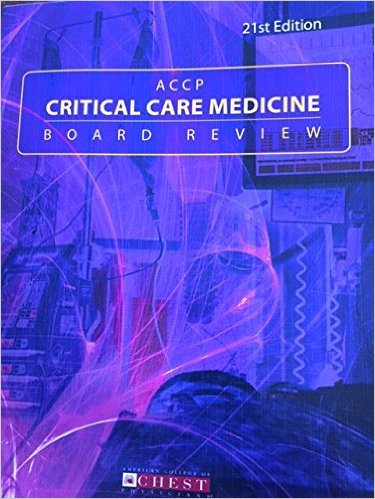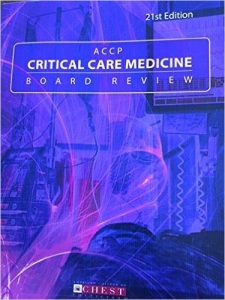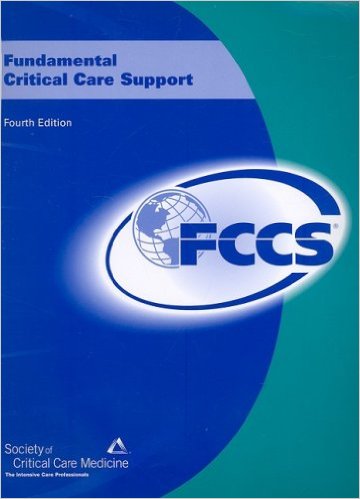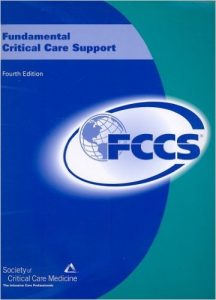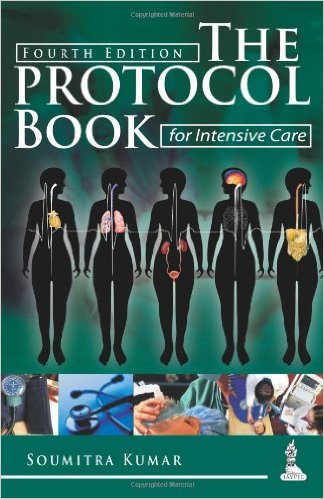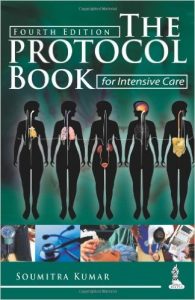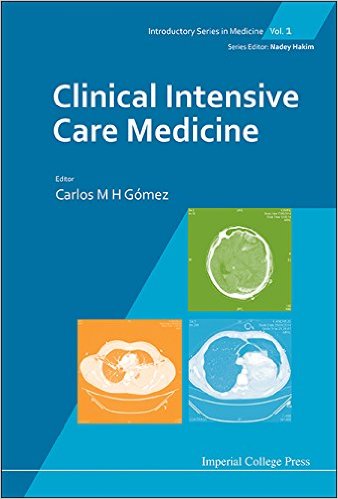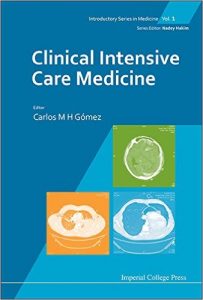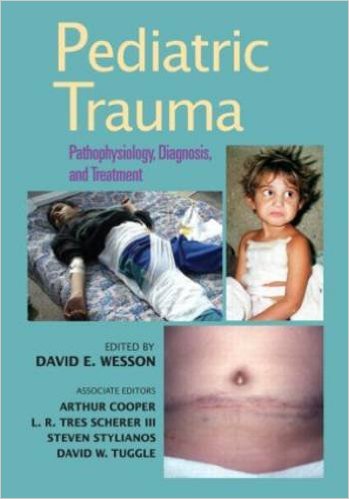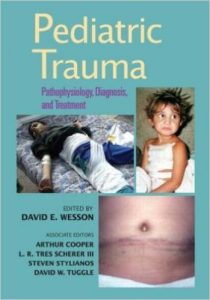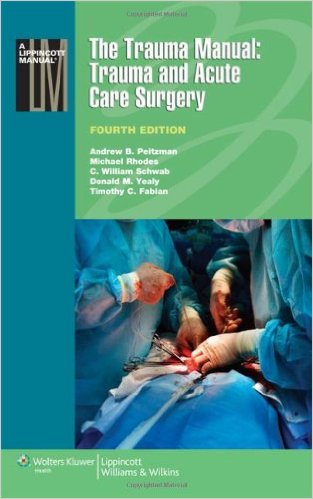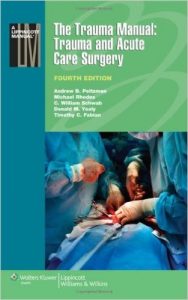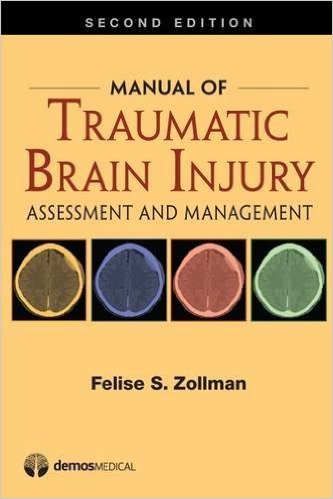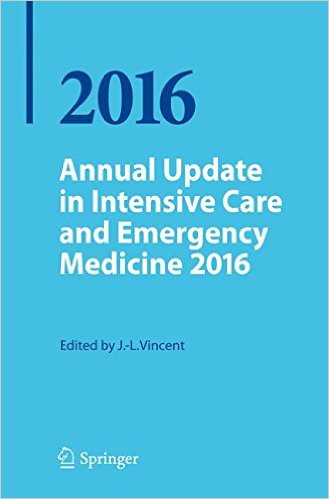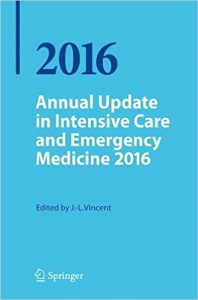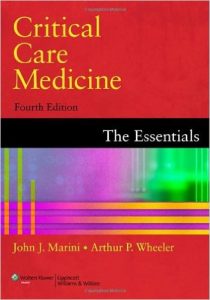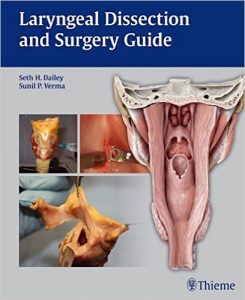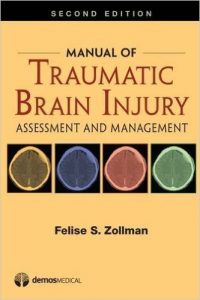
[amazon template=iframe image2&asin=162070093X]
provides an excellent road map to the many topics relevant in the diagnosis, treatment, and long-term management of individuals with TBI. As such, the book can serve either as a fine introduction for the uninitiated or as a valued reference for seasoned clinicians. I highly recommend [it]‚
Journal of Head Trauma Rehabilitation
This is a stellar quality book that will be beneficial for every member of the multidisciplinary team that is required to treat patients with TBI. It offers a concise but broad and informative view of the disorder, and can serve as an easy-to-read and access primary text. 4 Stars!
Doody’s Reviews
Now completely revised and updated, Manual of Traumatic Brain Injury: Assessment and Management, Second Edition is a comprehensive evidence-based guide to brain injury diagnosis, treatment, and recovery, delivered in a succinct format designed for targeted access to essential content.
This concise text, featuring internationally known contributors drawn from leading TBI programs, is organized into five sections. Part I discusses fundamental concepts needed to provide a context for clinical decision-making. Part II covers mild TBI, from natural history to sportrelated concussion, postconcussion syndrome, and more. Part III focuses on moderate to severe TBI and contains chapters on prehospital, emergency and ICU care, rehabilitation, community reintegration, management of associated impairments, and postinjury outcomes. Part IV covers the complications and long-term sequelae that may arise in patients with TBI, including spasticity, movement disorders, posttraumatic seizures, hydrocephalus, behavioral and sleep disturbances, and chronic traumatic encephalopathy (CTE). Part V focuses on special considerations and resources, including issues specific to selected populations or injury environments (military, pediatric, workers’ compensation and older patients), as well as return to work and medicolegal issues in TBI.
Comprehensively updated to reflect the current state of the art in this rapidly evolving field, this book is a must-have for neurologists, physiatrists, primary care physicians, mental health professionals, social workers, and other health care providers who treat TBI patients.
New to the Second Edition:
- Key Points section in each chapter crystallizes important clinical pearls
- New chapters cover anoxia complicating TBI, screening for emotional distress in TBI patients, management of chronic behavioral disturbances, andassistive technology
- Every chapter has been updated to reflect current evidence-based practice
Download this book free here
http://upsto.re/srDzBTP
